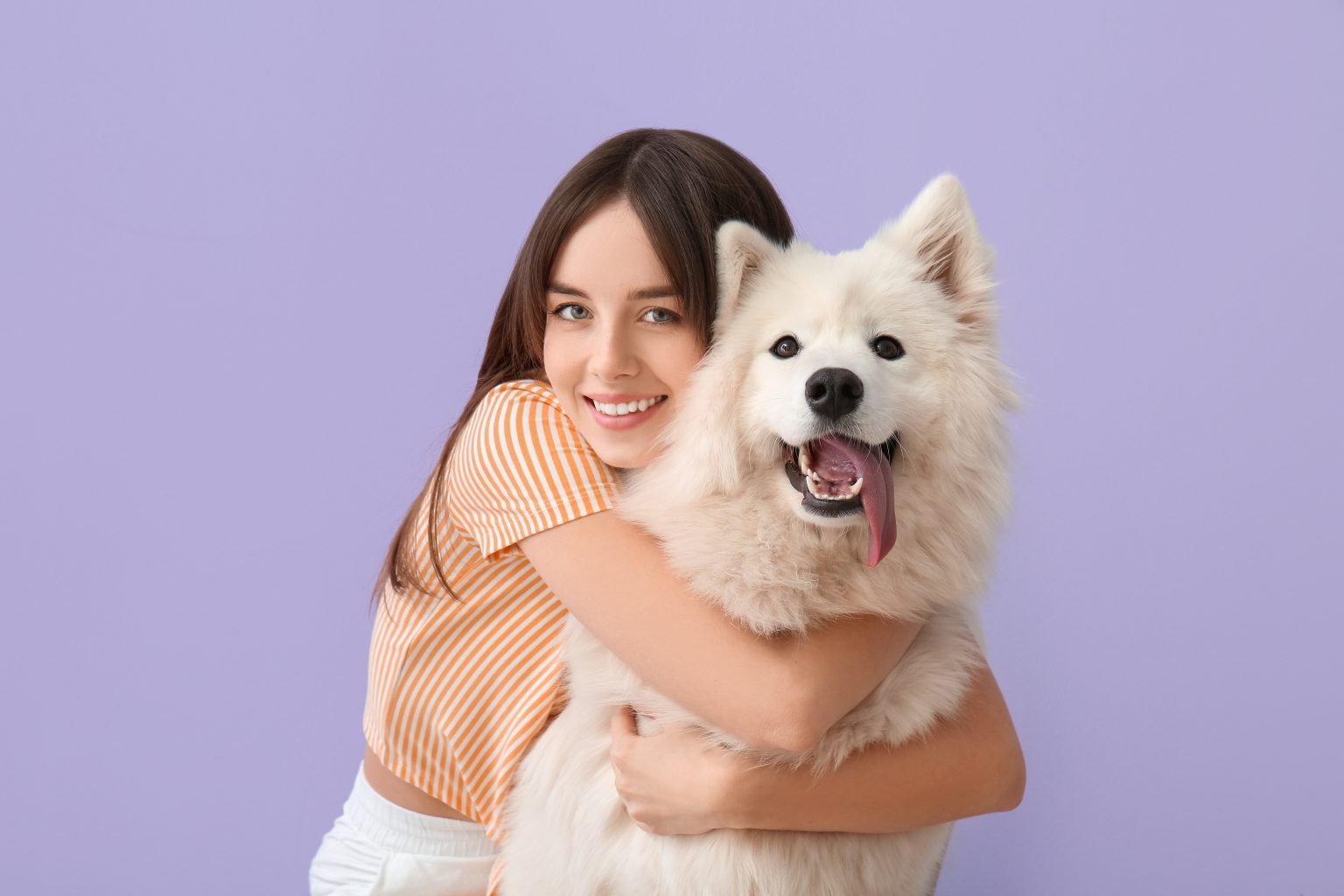As our canine companions age, they become more susceptible to the cold weather’s effects. Just like humans, older dogs may struggle to regulate their body temperature, making them more vulnerable to chilly outdoor conditions. However, with some thoughtful preparation and the right gear, you can ensure that your elderly dog stays warm and comfortable during outdoor excursions. In this guide, we’ll explore various strategies and products to help you keep your senior pup cozy during outdoor adventures.
Understanding the Needs of Elderly Dogs
Before diving into specific tips and gear recommendations, it’s crucial to understand the unique needs of elderly dogs. As dogs age, their metabolism slows down, and they may experience reduced muscle mass and joint stiffness. Additionally, older dogs are more prone to health conditions such as arthritis and hypothyroidism, which can further compromise their ability to tolerate cold temperatures.
Tips for Keeping Your Elderly Dog Warm
- Choose the Right Time for Outdoor Activities: Plan your outdoor excursions during the warmest part of the day, typically late morning or early afternoon. Avoid outings during frigid mornings or evenings when temperatures are lowest.
- Monitor Your Dog’s Behaviour: Pay close attention to your dog’s body language during outdoor activities. Signs of discomfort, such as shivering or reluctance to move, indicate that your dog may be feeling cold and should be brought indoors promptly.
- Provide Adequate Shelter: When spending time outdoors, ensure that your elderly dog has access to shelter from the wind and elements. A cozy dog house, a dog stroller or a sheltered area with blankets can offer refuge from harsh weather conditions.
- Layer Up with Dog Coats: Invest in a high-quality dog coat designed specifically for elderly dogs. Look for coats with insulation and water-resistant materials to provide maximum warmth and protection. Additionally, opt for coats with adjustable straps to accommodate your dog’s changing body shape.
- Protect the Paws: Older dogs may have more sensitive paw pads, making them susceptible to frostbite and injury from icy surfaces. Consider outfitting your dog with booties or paw wax to protect their paws from cold weather hazards.
- Keep Moving: Encourage gentle exercise to help your elderly dog stay warm. Short walks or supervised play sessions can help increase circulation and keep joints limber. However, be mindful not to overexert your dog, especially in cold weather.
- Offer Warm Bedding: Create a cozy sleeping area indoors with soft bedding and blankets to keep your elderly dog warm during chilly nights. Consider placing the bed away from drafts and cold floors to provide extra insulation.
Essential Gear for Keeping Your Elderly Dog Warm
- Senior-Specific Dog Coats: Look for dog coats designed with elderly dogs in mind, featuring added insulation and coverage for sensitive areas such as the chest and abdomen. Brands like Ruffwear and Hurtta offer a range of options tailored to senior dogs’ needs.
- Heated Dog Beds: Provide your elderly dog with a heated dog bed to keep them warm and comfortable indoors. Heated beds with adjustable temperature settings allow you to customise the warmth level to suit your dog’s preferences.
- Waterproof Dog Booties: Protect your dog’s paws from cold, wet conditions with waterproof dog booties. Choose booties with nonslip soles to provide traction on slippery surfaces and prevent falls.
- Fleece Blankets: Keep a stash of soft fleece blankets on hand to wrap your elderly dog in warmth during outdoor outings or while lounging indoors. Fleece blankets are lightweight, easy to pack, and provide instant insulation.
- Insulated Dog Jackets: Invest in an insulated dog jacket with a waterproof outer shell to keep your elderly dog warm and dry during outdoor adventures. Look for jackets with reflective accents for added visibility during low-light conditions.
Conclusion
Caring for an elderly dog requires extra attention and consideration, especially when it comes to keeping them warm and comfortable outdoors. By understanding your senior dog’s unique needs and investing in appropriate gear such as dog coats, heated beds, and protective booties, you can ensure that your furry companion enjoys safe and enjoyable outdoor experiences throughout their golden years. Remember to monitor your dog closely for signs of discomfort and adjust your outdoor activities accordingly to keep them happy and healthy for years to come.



